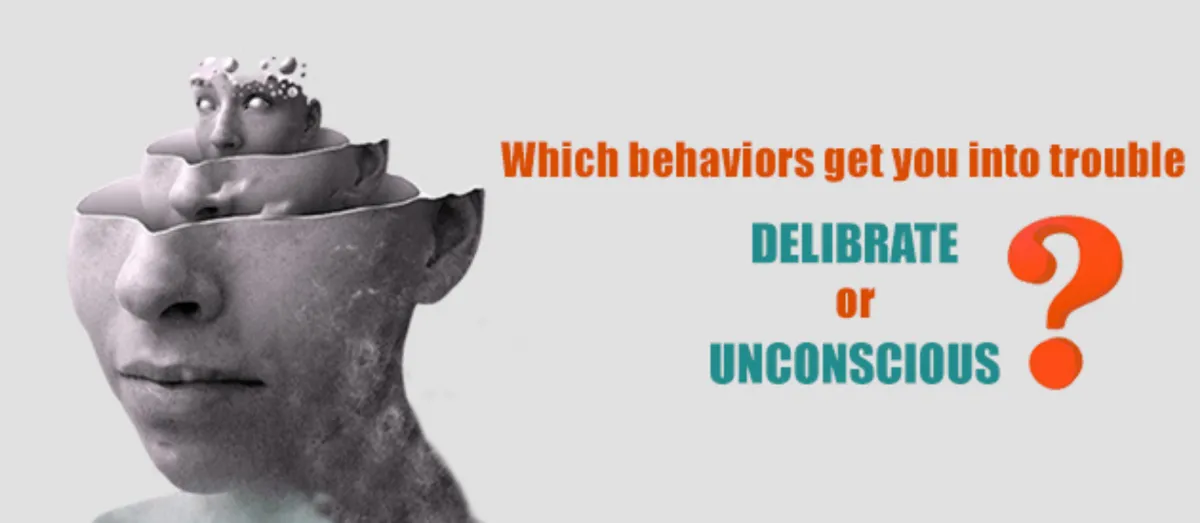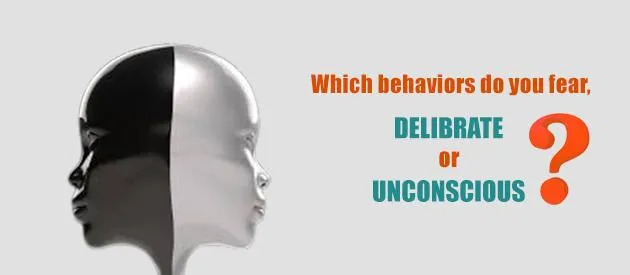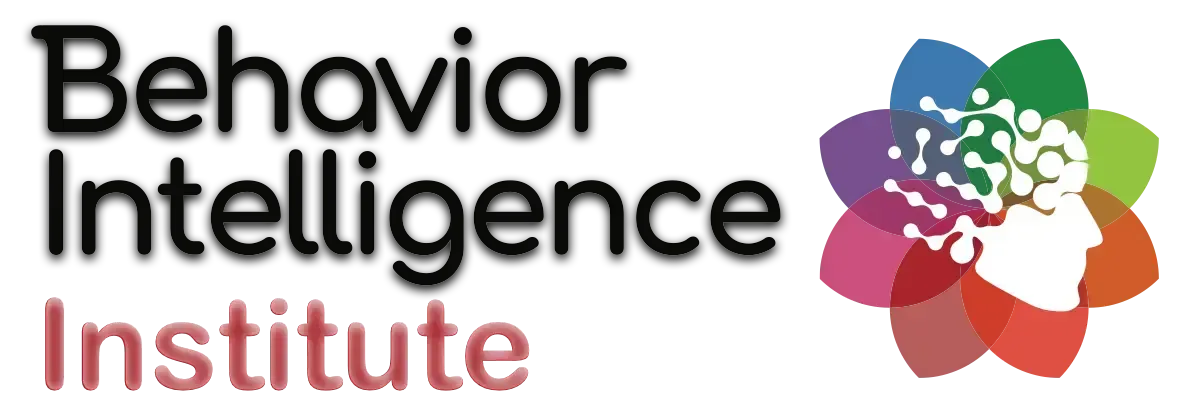
Behavioral Impact: How you impact others starts with a behavior. Is yours deliberate or unconscious?
July 29, 2021
Nagui Bihelek
What is Behavior?
Behavior is often a measure of the complexity of a living organism - and human beings possess the most complex nervous systems, which enable them to exhibit behaviors that differ from one person to another. Psychologically speaking, behavior is defined as a response of the organism to its immediate and external surroundings - involving interactions and inherent mannerisms. This behavior can be a consequence of conditioning - or early experiences.
The Impact of Your Behavior
As an individual in society, our interaction with other individuals - in both personal and professional fronts is vital to our existence and growth. And by development, the intent is to find self-satisfaction, contentment and happiness. On a professional front, behavior is found to play a significant role in contributing to success. It is no secret that others perceive us to be the way we behave in different scenarios, and this perception in their minds largely determines and influences their overall attitudes towards us. Our behavior may positively or negatively affect others and ourselves as well.
Is Your Behaviour Deliberate or Unconscious?
Theoretically, the unconscious mind is defined as a reservoir or a collection of feelings, memories, thoughts and desires that lie outside conscious awareness. Our minds can be compared to an iceberg - with the conscious mind, or the aspects that we are aware of, being only the tip of the iceberg. Below the surface, the bottom of the iceberg can be regarded as information that lies outside the scope of the conscious mind. While this information may be inaccessible, it certainly influences our behavior - without us noticing it. Through recent studies, it was evident that unconscious mechanisms prepare us for any action we decide to take through neural activities. But this all happens before we consciously experience intending to do something. Our unconscious appears to dominate the actions we want to execute. When we do something deliberately, we try to bring about a particular consequence and act accordingly. Intentional behavior patterns can be learned and imbibed, while unconscious behavior is intrinsic and comes to us naturally.
Situations of Deliberate and Unconscious Behaviour
There are several examples in day-to-day life where we can distinguish between the kind of behavior we exhibit, whether it is a deliberate or unconscious response. In the personal space, if a loved one is feeling low, our immediate unconscious response is to show our affection and offer support. If a subordinate fails to execute the work assigned to them at the work front, our unconscious reaction may be to express our disappointment and reprimand them for their mistakes. But we tend to hold back and instead talk to the subordinates politely by explaining their errors, hoping that it will be rectified next time. This is an elementary example of deliberate behavior, which supersedes the unconscious and makes us aware of our actions' consequences, our behavior.

Can you control your behavior?
Often in professional spaces, recruiters say they choose a candidate based on 'personality'. While this may be true, personality alone can never define how people behave in specific scenarios. An insight into a person's behavioral tendencies can tell a lot more than 'personality' as a parameter. But what actually contributes to an individual's behavioral pattern? The answer is experience and conditioning. In fact, this is the key reason why human beings are different from animals. We possess the inherent ability to develop habits, act, receive criticism, rectify, adjust, and repeat the entire process. Cultivated patterns of behavior consequently shape our responses, which become automated over time. These automated and 'programmed' responses support our values and beliefs, our mechanisms for balance, safety and survival. All these insights are results of years of research in Neuroscience and Neuro-Linguistic-Programming. Though we often mistake these to be spontaneous responses, these are automated. So while you can learn new behavior patterns and control your existing behavioral practices, behavior is also an automated or unconscious response. Your thoughts are the basis of your actions, and actions determine your behavior. These behaviors have consequences on your life both personally and professionally. Acknowledging the wrong behavior patterns, knowing the undesirable consequences of it and rectifying the behavioral instincts can help us achieve our target goals in the easiest possible manner.
Assessing our behavior and seeking coaching to understand the proper conduct and response to specific situations will help us succeed professionally. AccuMatch BI provides an assessment that accurately maps your neural patterns. It follows a Neuroscience, Neuro-Linguistic Programming and Cognitive Behavior Psychology framework, which considers every individual unique. This assessment and program benefits individuals, employees, industry leaders and anyone who wishes to broaden their horizons and learn about their limiting behaviors.
Copyright 2021 AccuMatch Behavior Intelligence is a division of NLP Profiles Inc. | Privacy Policy


